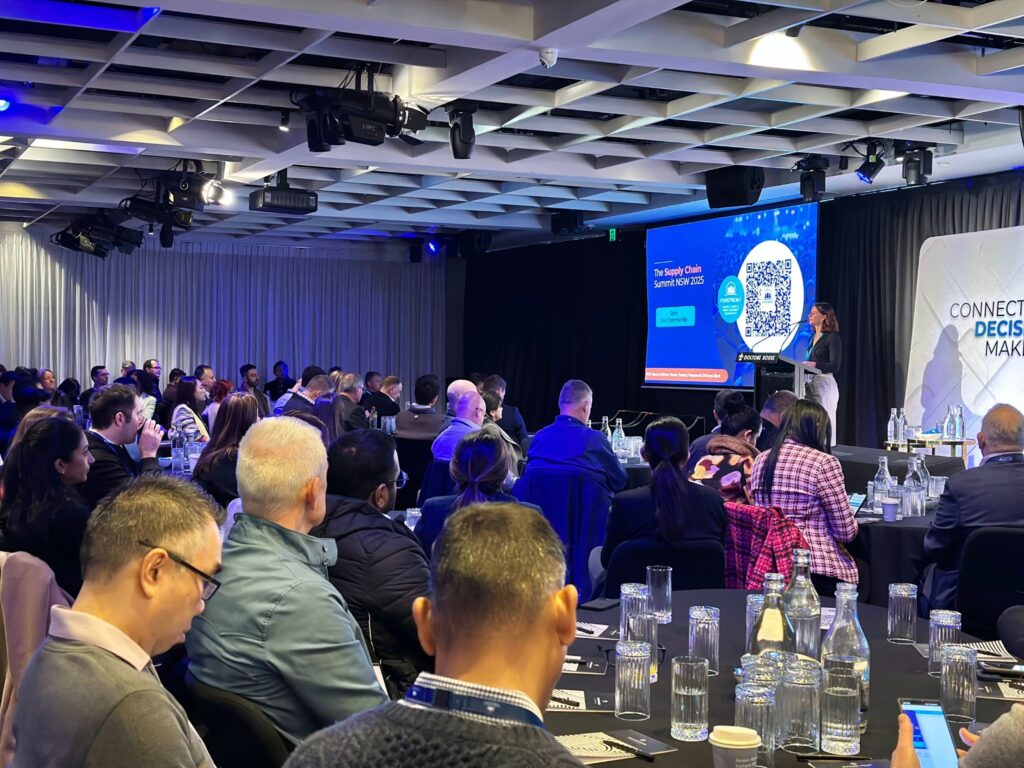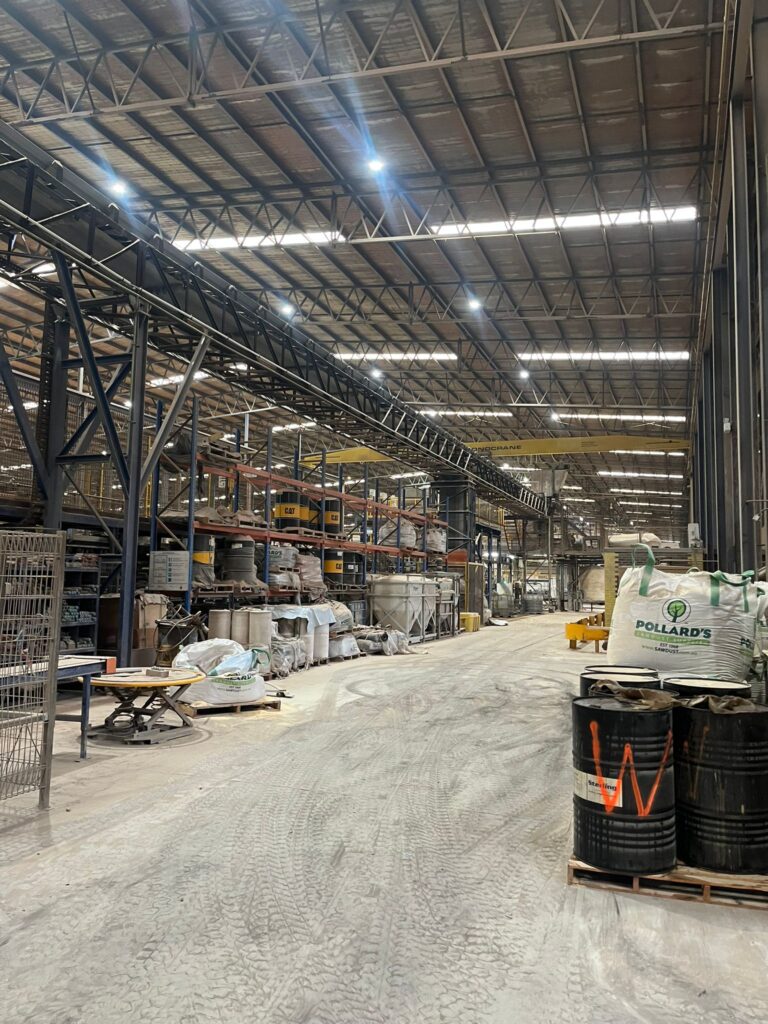Over the last couple years, the impacts of COVID-19 have highlighted the important need for companies both here in New Zealand and across the globe to be financially sustainable, and perhaps none more so than those in the operations and supply chain industry.
There are many factors at play in industry affecting sustainability, however a fundamental piece linked to survival is being able to not only complete the core work of the business, but to do it efficiently. This hinges on the need for a reliable flow of work, team collaboration and delivering projects in a way that optimises productivity and minimises waste.
Transforming an organisation does not happen overnight. It takes clear and unrelenting focus from the top to create superior performance over the long-term. Consistency of direction and persistent action are essential. The alternative to actively striving forwards with clear intent is getting stuck in the reactive cycle of responding to conditions with a short-term focus, ‘just get this next project done, just react to this latest issue’. A short-term view means standing still and having neither influence nor control over your own long-term future.
What if you could create the internal conditions and environment that supports teamwork, accountability, discipline, and continuous improvement?
We are talking about a culture change that will transform your organisation’s DNA and provide a strong base for ongoing performance improvement. Creating lasting change requires developing new organisational behaviours and habits that are reinforced and sustained. Habits are born out of the environment you create within your organisation, and in turn these habits are what drive the success of your business. Habits are repeated behaviours – make sure you are repeating what leads to your success. As examples, continuous improvement, problem solving, and daily discipline are all improvement habits. At the process level, good planning, robust project management and team collaboration are sustained through the building of positive habits.
How can you help your organisation, and your people, to develop new habits that create outstanding results?
Create the right environment for transformation:
- Start by setting a crystal–clear direction for your team
What performance is expected? What is important? Make the goal posts clear. Clarity of direction will both motivate your team and highlight any gaps to the goal, so you can take proactive action to close them. Track performance closely – How are you performing compared to your goals? Ensure alignment through consistent messaging and visible progress for your team across different forums. Existing forums such as daily toolbox, Daily Management Systems (DMS) meetings, weekly meetings, monthly meetings, are structures that can all be aligned to drive towards, and support, continuous improvement.
- Value the core, so your team will too
Highlight the importance of being excellent at your core business, day in, day out. Your team will take a lead on what is important from you, so ensure the basics are prized and done well, so you can strive for sustainable growth based on the discipline of solid basics. If you place value on the core business processes that generate your performance outcomes, and if these are being done right, your team will too. Basics like good cost monitoring, programme optimisation or collaborative planning are examples of core processes that have a huge impact on performance – both good and bad.
- Leverage your leaders to role model
Give them a platform to lead from, every day. Provide the essential platforms for leader communication, setting targets and team management. Develop internal structures, such as DMS, support new habits and patterns forming through accountability and transparency. Give your leaders a mechanism that allows key messages and expectations to be consistently received and reinforced across your team.
- Grow continuous improvement thinking
Establish shared ways of thinking, communicating, and acting through continuous improvement methods and practices, such as problem solving. Shared methods will help your team to engage with each other positively and efficiently while working towards a root cause solution. Drill these practices until your team are collaborating and following a standard process as a habit. Mike Rother’s Toyota Kata is an excellent methodology for building consistent improvement habits that a team can engage in.
- Reinforce your change leaders with proactive support
Note who on your team is actively engaged, and who isn’t. Find those who thrive with the new habits and strive towards your new business identity. Show them recognition and support. Your people are your greatest asset as the creators of change, and conversely can be your greatest anchor inhibiting it. When you have started to gather forward momentum, nurture that progress so change can thrive. There may be difficult decisions to be made along the way, but not taking these decisions will be at the cost of your business performance and long-term success.
Building a culture is like building a foundation – it is fundamental to the success of the whole. An unstable foundation risks the success of everything you are trying to build. A culture will form if you have a conducive environment to establish the right habits, behaviours, and practices. It is this culture that will enable the ongoing change and improvement required to achieve your challenging goals. Continuous improvement as a culture is what ensures you will stay in the game, and more importantly, remain competitive.
Reach out today if you’d like to discuss your sustainable operations.







